翰悦缅甸研究 | 缅甸蒲甘中文碑铭新解读
本文是刘蕴提交给13届国际缅甸研究大会(13th International Burma Studies Conference)的论文摘要
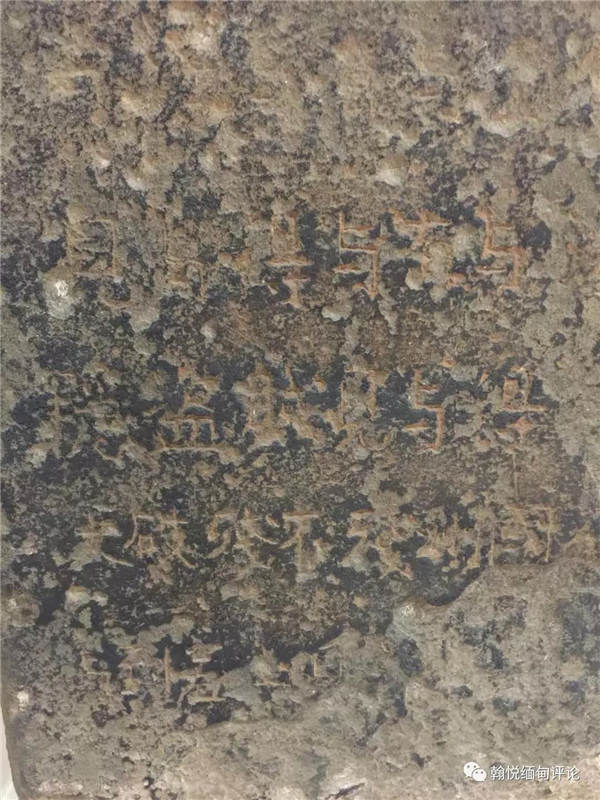
A New Historical Perspective of the Chinese Inscription at Bagan
缅甸蒲甘中文碑铭新解读
Abstract
摘要
The Chinese inscription at the Bagan Archaeological Museum, having on its reverseside a Pyu inscription, is a tangible evidence of the long-established China-Myanmar relationship and its vicissitudes since 13th century.Thanks mainly to the works by Taw Sein Ko in the 1910s and Chen Yi-sein in 1960, this classic Chinese epigraph has been carefully read and studied. However, its historical background remains a mystery to scholars of today. By comparing the Chinese words at Bagan with those from the tablets of Yuan dynasty (1271-1368) preserved in China, this paper deals with Chinese sources , discusses a probable aspect of history that the Chinese inscription at Bagan was a vernacular translation of an imperial edict in Mongolian language issued by Kublai Khan.
现存于缅甸蒲甘考古博物馆的中骠文碑铭是历史悠久的中缅关系的实物见证。杜诚诰和陈孺性对此已有研究与释读。但是今日的学者们仍然困惑于模糊不清的历史背景。本文利用中国史料,对比研究了蒲甘中文碑铭与中国保存的元代白话文圣旨碑,提出如下观点,即蒲甘的中文碑铭是元世祖忽必烈的一道蒙古语圣旨的白话文翻译。
评论列表 共有 0 条评论
最新导读

热门文章








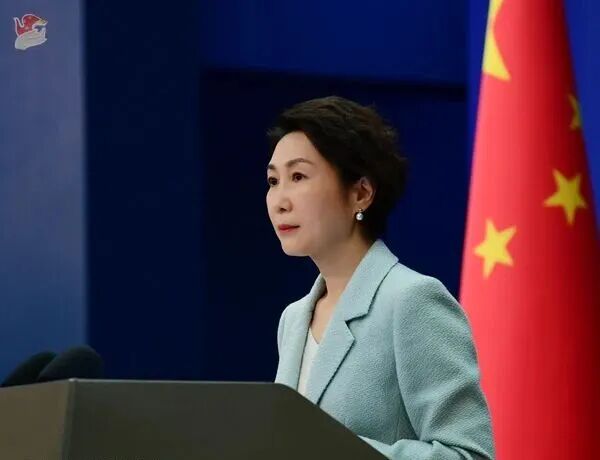
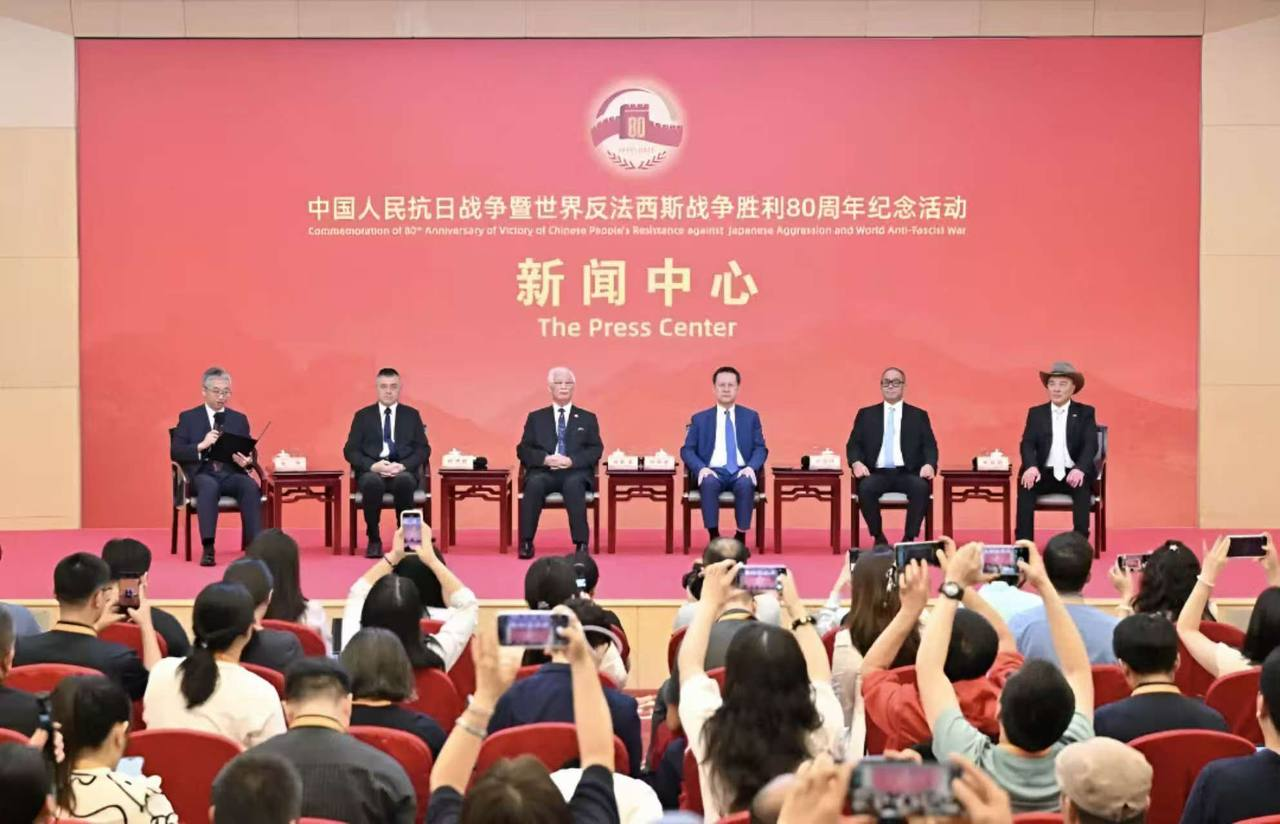

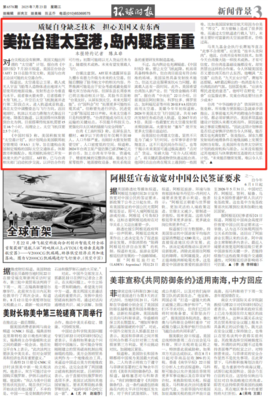

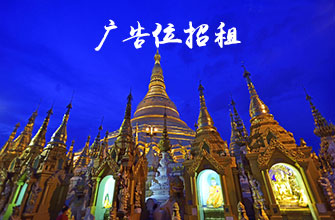

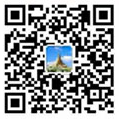
发表评论 取消回复